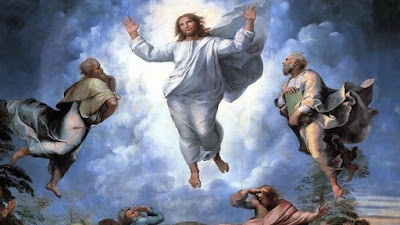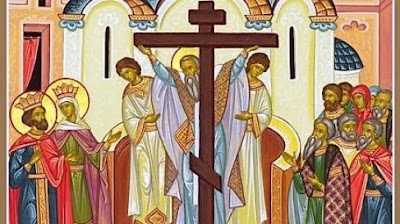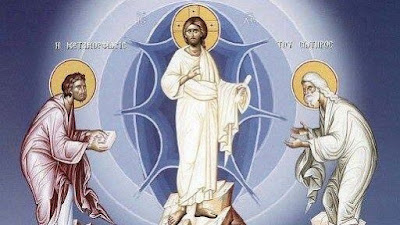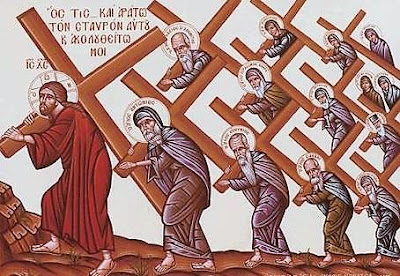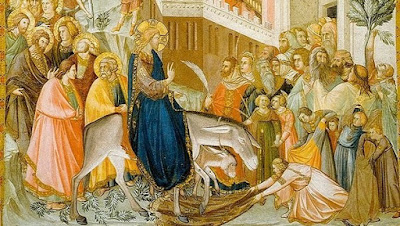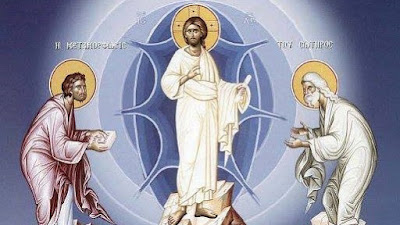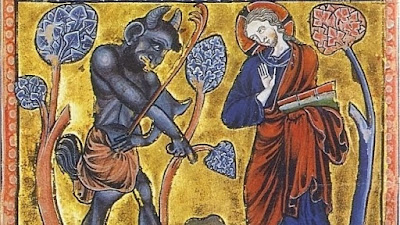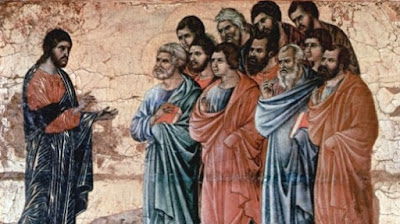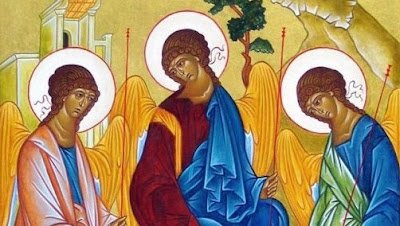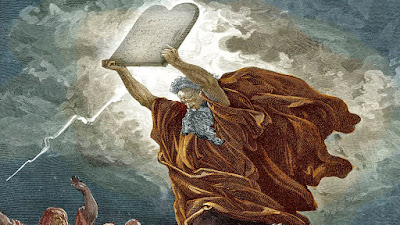Homily for the 3rd Sunday of Lent, March 7, 2021, Year B
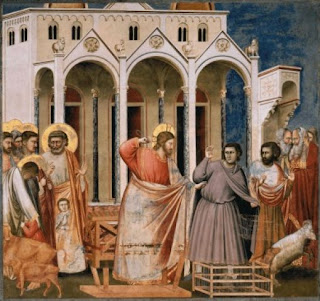
René J. Butler, M.S. La Salette Missionaries of North America Hartford, Connecticut ( Click here for today’s readings ) I am in charge here! I give the orders. Is that clear? Even if I really believed that, I would be well advised not to say it out loud. But let’s suppose I came into your home or place of work and said the same thing. It wouldn’t be long before somebody said, “And just who do you think you are?” In giving the Ten Commandments, God seems to have anticipated that very question. So he begins by stating, clearly and emphatically, just who he is: “I, the Lord, am your God, who brought you out of the land of Egypt, that place of slavery.” And in case you missed it the first time, he says, three verses later, “I, the Lord, your God, am a jealous God.” The commandments that follow are really, really important, but these statements of who God is are more important still. They are the foundation of all the rest. Why not kill? Because I say so, and I am the Lord your God,
